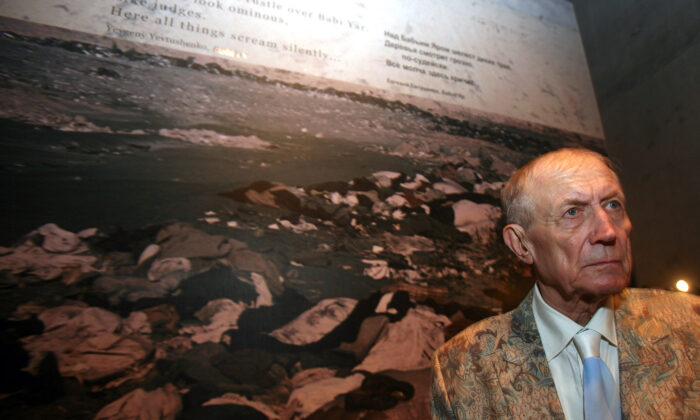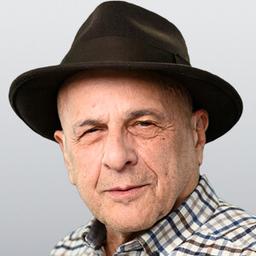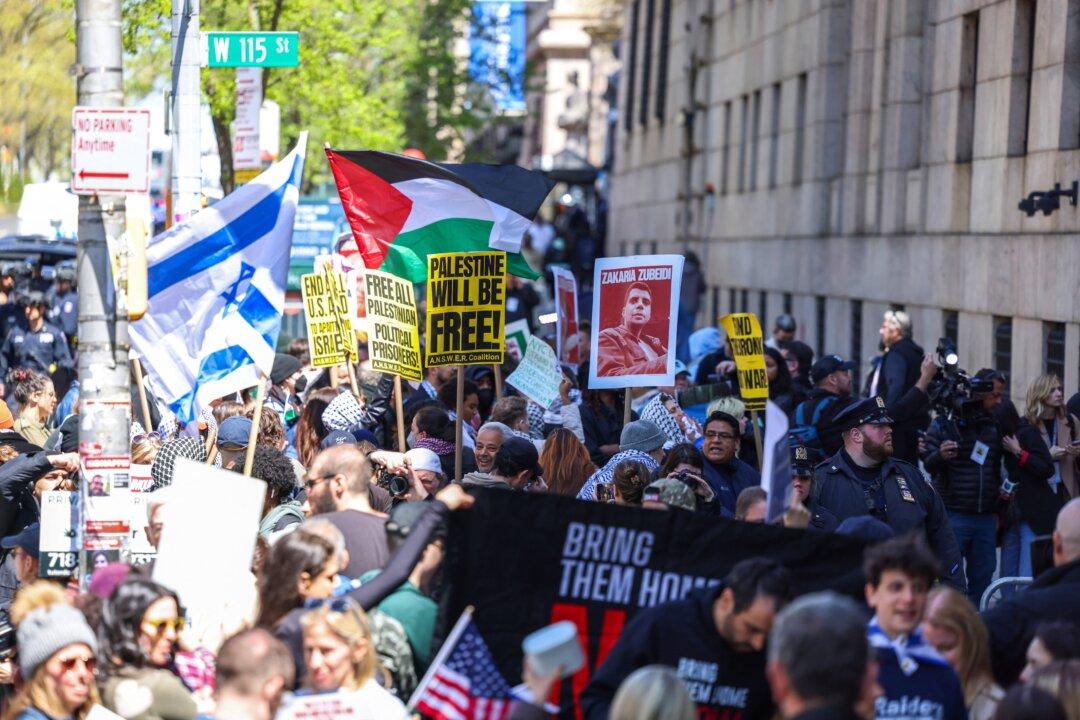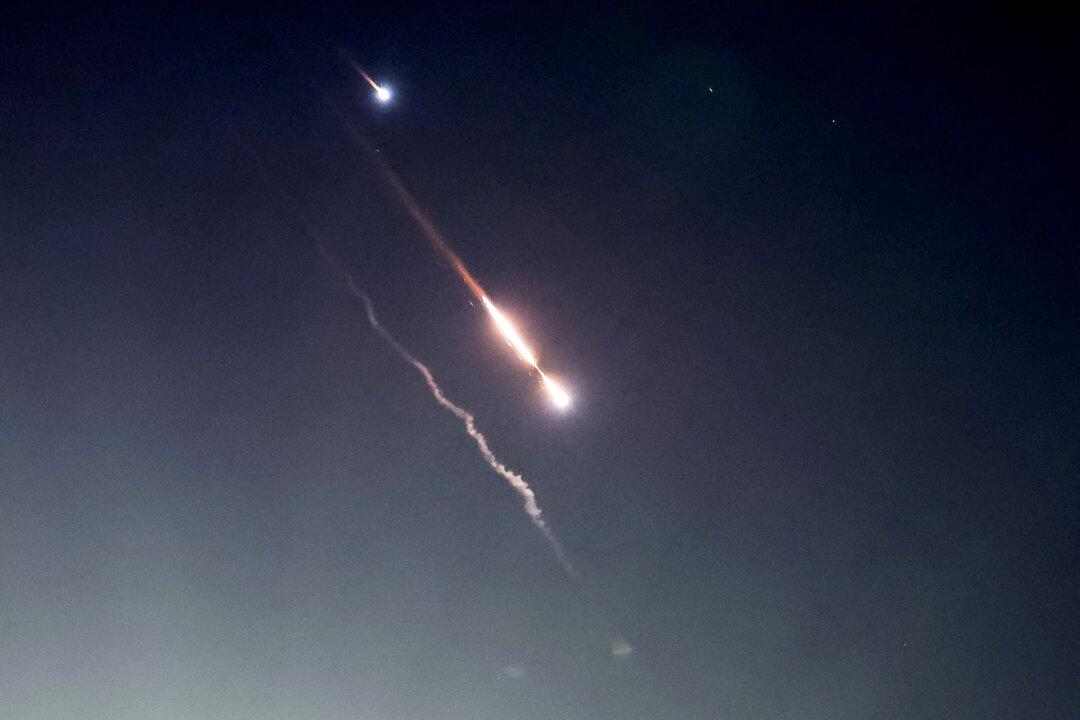I was going to write about President Joe Biden’s State of the Union address, but it was too tedious to inspire a response and devoid of even one semi-interesting idea. What could I write?
Our president’s destruction of the American energy independence gained by his predecessor that many think opened the door for the current war was, of course, not mentioned. Not a word was uttered either about turning on the American oil spigot again or about cutting our dependence on Russian oil in the middle of Vladimir Putin’s war of aggression.
But something caught my eye today in the fog of war that touched my heart profoundly, so I will leave to others the deconstruction of Biden’s speech.
It took me back to the late eighties; I was on a cultural exchange of sorts in the Soviet Union, traveling from Leningrad all the way to Yalta in the Crimea, then in Russian hands.
In Moscow, a group of Russian writers—some of whom later asked me to help them get out; something I had no way of doing—took me to lunch at the headquarters of the Union of Soviet Writers.
It was a grandiose, high-ceilinged place replete with crystal chandeliers and elegant china. They treated their authors well—those who went along with the party line, anyway. I was reminded of Philip Roth’s famous description of the difference between writers in the east and west: “There, nothing goes and everything matters; here everything goes and nothing matters.”
Sitting at a neighboring table at that lunch was an extraordinarily handsome man in that Russian manner with that shock of blond hair resembling the tennis star Yevgeny Kafelnikov some years later. But I knew immediately who it was, because he had been on the cover of our Time Magazine and was one of the most famous writers in the world, and certainly the most famous Russian writer at that time—Yevgeny Yevtushenko.
Although disappointed to see him there—I didn’t like to think of him as a party man, but it’s hard to judge how any of us would be in a society like that—somewhat star-struck as I only am by genuinely great artists and scientists, I got up and introduced myself. He was quite cordial.
Why am I thinking of my chance-meeting with Yevtushenko today (he died in 2017 at the age of 84 in Tulsa, Oklahoma, of all places)? The man was many things—novelist, essayist, dramatist, screenwriter, publisher, actor, editor, and director of several films, but to the West, he was most known for his poetry.
Whatever the case, the site, and its present Holocaust memorial, is near the Kyiv TV tower that was just hit by a Russian airstrike, killing five and damaging the Holocaust memorial complex.
The Israeli government is, needless to say, upset, although in a difficult position, fearful of alienating the Russians with whom they have complicated dealings.
Perhaps they need another reading of Yevtushenko’s poem, one of the most powerful criticisms of antisemitism ever written and composed by a man who was not Jewish.
“Growing up in Russia, I experienced antisemitism; personally directed, ubiquitous, and violent, covertly approved of by the government. Yevgeni Yevtushenko’s poem, written to expose the inhumanity of Babi Yar, and the subsequent injustice of the government’s refusal to raise a monument to the thousands of Jews executed there by the Nazi troops, produced a tremendous effect in Russia. Overt antisemitism slowly decreased, and many Russians to whom this had been normal and accepted practice, woke up to a new realization.”Few works of literature have more impact on us during war than “Babi Yar.”
Maybe someone should read it to Putin, although it’s doubtful he would listen. Among his many recent remarks, he called the Ukrainians, whose president Volodymyr Zelensky is Jewish, neo-Nazis. I (partially) excuse the reference to “The Internationale” in the name of great poetry.





